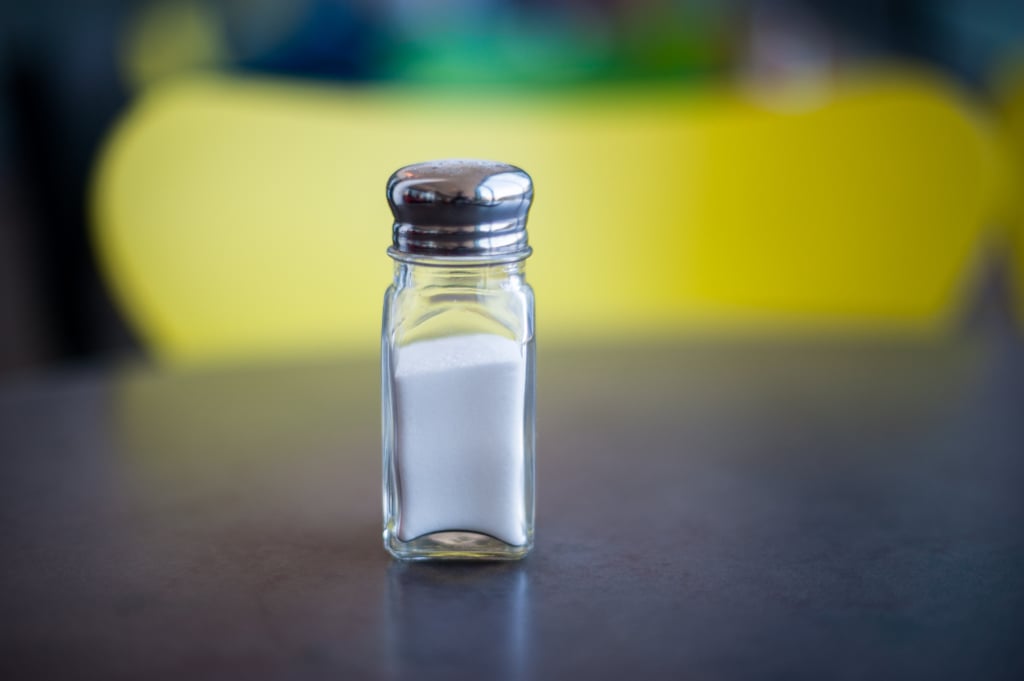If you don't pour the salt shaker on all your meals or down a package of instant ramen noodles [1] every day, you're probably not concerned with how much sodium you're ingesting. But it can lurk in even the most innocent of packaged foods, and since the standard American diet relies a lot on processed food [2] and takeout, you could be eating much more sodium than you realise.
We spoke to dietitians who broke down just how much sodium you should eat in a day, what happens if you eat too much, and how to eat the right amount for weight loss. Read on to find out if salt is a hidden culprit in your diet.
How Much Sodium You Should Eat
Sodium gets a bad rap and we often hear about how much we need to cut back on it. In fact, sodium is an essential micronutrient [3] that our body needs to process fluid balance, control blood pressure, and support nerve function, explained registered dietitian Jillian Kubala, MS. However, when we talk about controlling sodium or salt, it's usually in the form of what's found in most processed food and added as table salt.
"The most recent dietary guidelines [4] state that Americans should consume less than 2.3 grams (2,300 milligrams) of salt per day," Jillian said. "The average American consumes much more than that, around 3,400 milligrams a day."
And while over 3,000 milligrams of sodium may sound like a lot, it's easy to bypass if your diet consists of primarily packaged and fast food. Two cups of Progresso's New England Clam Chowder has 1,780 milligrams of sodium — more than 75 percent of your daily recommended intake.
"If your diet is high in fast food and processed foods, it's likely that your are consuming too much salt," Jillian said. "To cut back on your salt intake, focus on whole foods and cook more meals at home."
What Happens If You Eat Too Much Sodium
Aside from feeling bloated and puffy, eating too much sodium can have consequences for your overall health.
"As your body holds onto more water, this increases your blood pressure [5], which puts more strain on your heart and kidneys," explained Jim White, RDN, ACSM, exercise physiologist, owner of Jim White Fitness and Nutrition Studios [6]. High blood pressure can lead to heart disease, and the American Heart Association recommends people with high blood pressure ingest only 1,500 milligrams of sodium a day.
How Cutting Back on Sodium Helps With Weight Loss
Cutting back on sodium is good for your overall health, especially for your heart and kidneys. But it can also help shrink your waistline, too.
"Eating too much salt can cause the body to retain excess fluid, which can give you a bloated appearance [7]," Jillian explained. "Plus, frequently eating high-salt processed foods like chips, fast food, and frozen dinners could lead to weight gain simply because these foods are typically high in calories and unhealthy fats."
To cut back on salt intake and eat healthier, overall which may result in weight loss, she recommends people focus on eating whole, natural foods and avoid processed food. Even better, eat at home and cook your own meals as much as possible so you know what you're ingesting.


